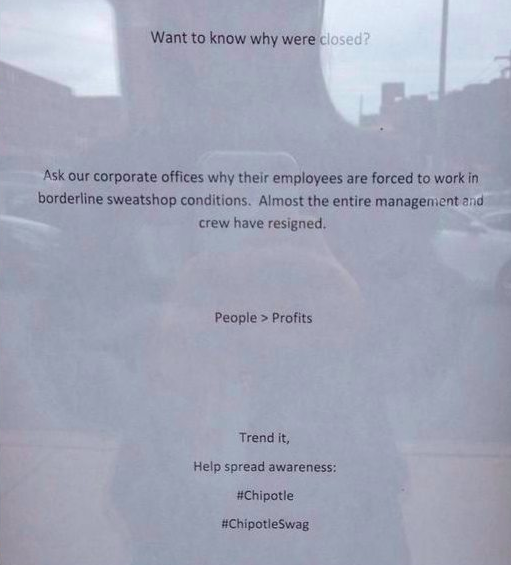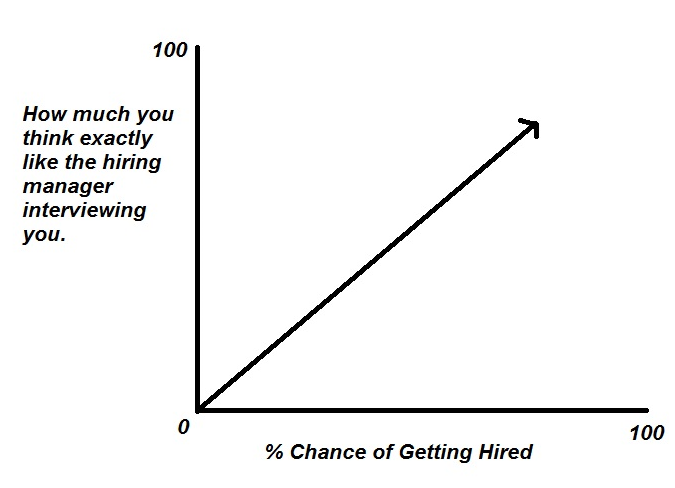We all make this mistake, and we’ll continue to make this mistake. It’s the same old story. One of your employees performs really, really well, and because of their performance you move them out of the position they are in and put them in a leadership position. Then, they fail and become a lousy performer.
The best companies in the world make this mistake, and keep making it. The worst companies make this mistake as well, and every other company in between. We can’t stop ourselves, it might be the largest single failure of business in the history of the world, and we can’t stop ourselves.
I like sports and it’s easy to make this analogy with sports. Larry Bird, one of the all time NBA greats, couldn’t handle being a head coach. But he was one of the top basketball players of all time. He couldn’t take that those players he was coaching weren’t as good as him, couldn’t do the things he could do. He couldn’t understand this. For him, it was easy…
Great performers are great because they do or have something no one else does. It might be superior work ethic, it might be G*d given talents. Regardless, they have perform better than everyone else. Therein lies why they struggle to become great, or even marginal, leaders. They can’t understand why you can’t do the same thing. I did it. What’s your problem!?
We take our best and brightest and we ‘reward’ them with management positions. We believe this is what they really want. In reality most don’t actually want this. They really love what they are doing, shown by the tremendous performance they are giving you. And, as an organization we want to reward that great performance, but we have structure and the only way we can really reward them, to give them more money, the big money, and the big title, is to promote them.
So, we promote them.
And we hope. We hope they’ll be one of the few who can make the transition and not be a total failure when it comes to leading other people, but rarely does it really happen. Usually, it’s just a slow death of another great performer into the mediocrity of leadership.
A few organizations are beginning to just stop this. They leave their great individual performers in position and just pay them like they would pay a leader. They give them a leader title. But what they don’t do, is give them people to manage! They reward them for truly great performance, and put them in a position to keep performing great.
Your best, most talented person is worth more than your average leader. But we struggle with this because it doesn’t fit nice and neat to a compensation pay band, or any job description we have in our HRMS system. We feel this undeniable desire to force people into positions we know they won’t do well in, because it makes us feel better when we pay them more. Justification of value. We value leadership more than great performance. That’s 1950 talking. Stop listening.


